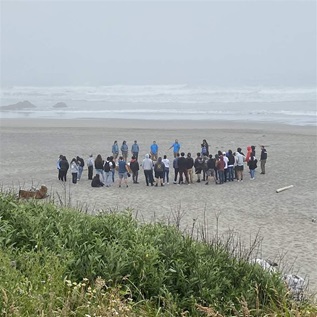Who Foots the Bill for Mail Voting in California?
Since 2002, California has allowed citizens to become permanent mail voters, receiving absentee ballots for all elections. As of the June 2014 primary, more than 8 million Californians had signed up for permanent mail voting, and in the last two general elections, more than half of the ballots in the state have been mail ballots. But there is disagreement about whether the state or counties should be responsible for paying for mail voting, and as demand has grown, the issue has become more contentious.
Vote-by-mail costs include printing, assembling, and mailing ballots; verifying the signatures on return envelopes; and tabulating ballots.
The state had reimbursed counties for costs related to absentee voting for more than a decade, but during a round of steep budget cuts in 2011, Governor Jerry Brown (D) and the state Legislature suspended funding for several election programs, including the more than $60 million related to mail voting. Since then, counties have been told to treat these programs as optional, which means the state is not mandated to reimburse counties for them.
At the end of March, the California Department of Finance issued an analysis declaring that the state is saving counties money by requiring them to allow permanent voting by mail because it costs less than polling place voting.
The Orange County registrar of voters and president of the California Association of Clerks and Election Officials, Neal Kelley, responded with a letter noting that voters who receive ballots by mail have the right to show up at polling places to cast a ballot in person on Election Day—and many do. He also said it is problematic to assume that disabled voters can be fully served by mail ballots.
A Senate budget subcommittee voted unanimously in early April to “unsuspend” these programs, allowing counties to apply for reimbursement. However, during final negotiations earlier this month, the budget conference committee kept the funding suspension in place but requested that the Department of Finance, in consultation with the legislative analyst's office and the secretary of state, create a working group to study the issue further.
Follow us on Twitter using #electiondata and get the latest data dispatches, research, and news by subscribing today.






